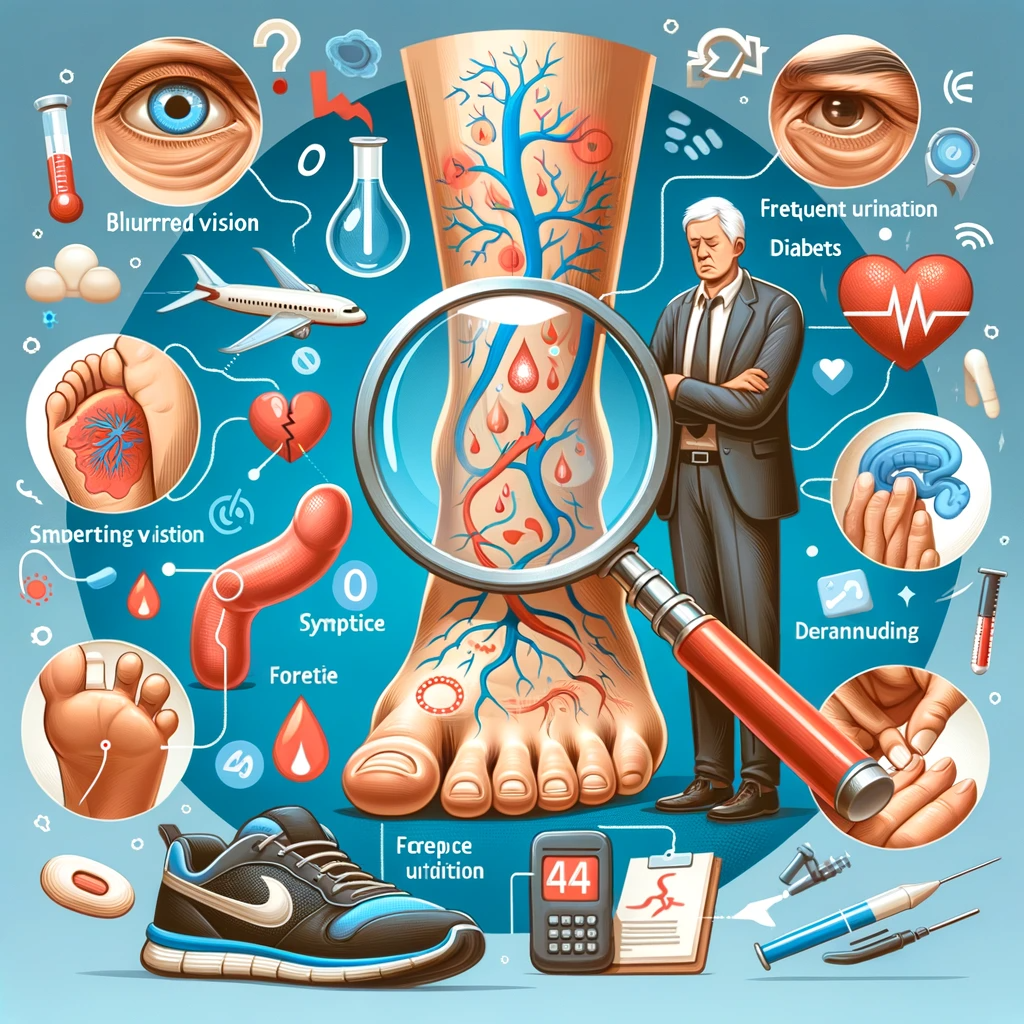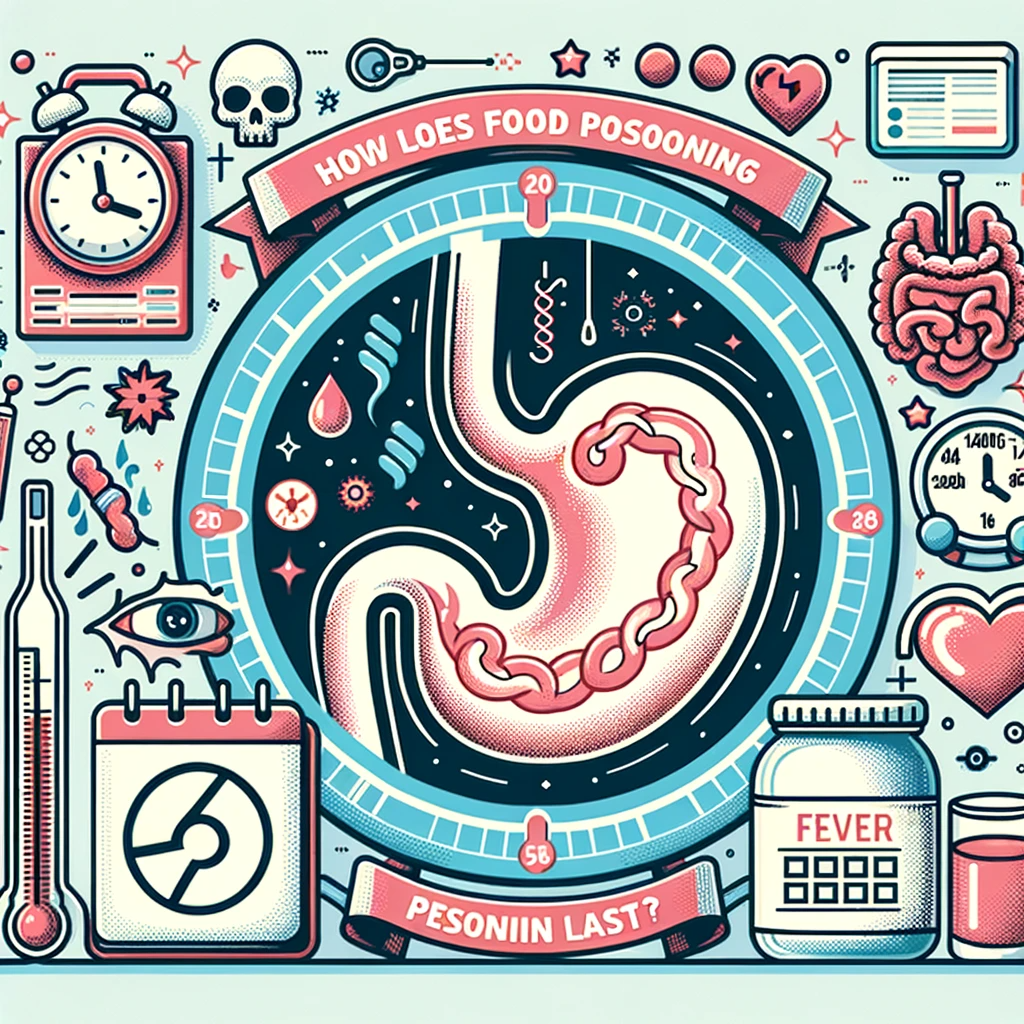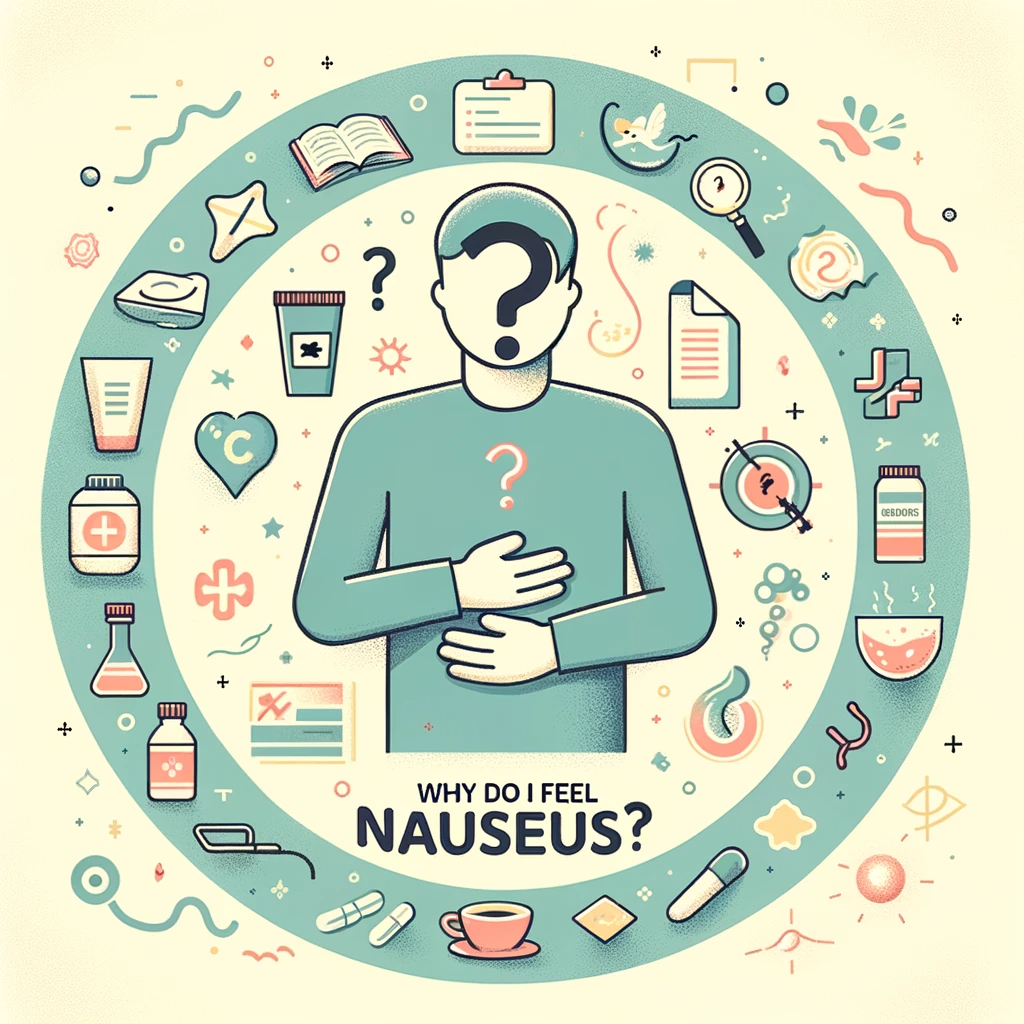Diabetes is a chronic condition that, over time, can lead to a range of complications if not managed effectively. Recognizing the early warning signs of these complications is critical for timely intervention and preventing more severe health issues. This article delves into the common signs and symptoms that might indicate complications arising from diabetes.
Understanding Diabetes Complications
Diabetes complications are primarily the result of prolonged high blood sugar levels and can affect various parts of the body. These complications can include cardiovascular disease, nerve damage (neuropathy), kidney damage (nephropathy), eye damage (retinopathy), foot damage, skin conditions, and more.
Key Early Warning Signs
- Nerve Damage (Neuropathy)
- Symptoms: Tingling, numbness, burning or pain that typically begins at the tips of the toes or fingers and gradually spreads upward.
- Why it Happens: High blood sugar levels over time can damage the nerves.
- Kidney Damage (Nephropathy)
- Symptoms: Early stages usually have no symptoms, but later stages may include swelling of limbs, urination issues, and nausea.
- Why it Happens: The kidneys filter waste from your blood; high sugar can damage this filtration system.
- Eye Damage (Retinopathy)
- Symptoms: Blurred vision, spots or dark strings floating in your vision, fluctuating vision.
- Why it Happens: High blood sugar can damage the blood vessels of the retina.
- Foot Damage
- Symptoms: Numbness in your feet, painful tingling, sores or infections.
- Why it Happens: Poor blood flow and nerve damage in the feet.
- Skin Conditions
- Symptoms: Bacterial and fungal infections, itching, dry skin.
- Why it Happens: High sugar levels can lead to poor blood circulation and nerve damage, affecting skin health.
- Cardiovascular Disease
- Symptoms: Chest pain, shortness of breath, high blood pressure.
- Why it Happens: Diabetes increases the risk of various cardiovascular problems.
What You Can Do
- Regular Monitoring: Keep a close eye on your blood sugar levels and observe any consistent changes in your health.
- Healthy Lifestyle: Maintain a balanced diet, regular exercise, and avoid smoking.
- Regular Check-Ups: Schedule regular visits with your healthcare provider, especially for comprehensive eye exams and foot checks.
- Manage Blood Sugar: Work closely with your healthcare provider to maintain your blood sugar within the target range.
- Educate Yourself: Understanding diabetes and its potential complications can help you identify issues early.
Conclusion
Early recognition of the warning signs of diabetes complications is crucial. By staying vigilant about your health, maintaining a healthy lifestyle, and working closely with your healthcare team, you can effectively manage these risks and maintain a high quality of life.





